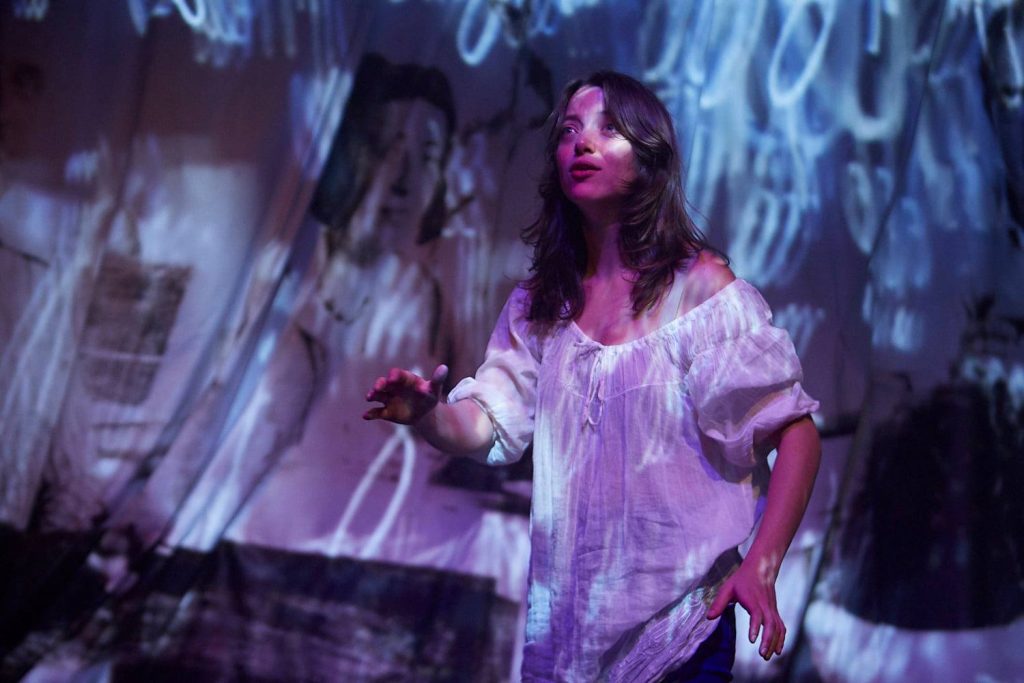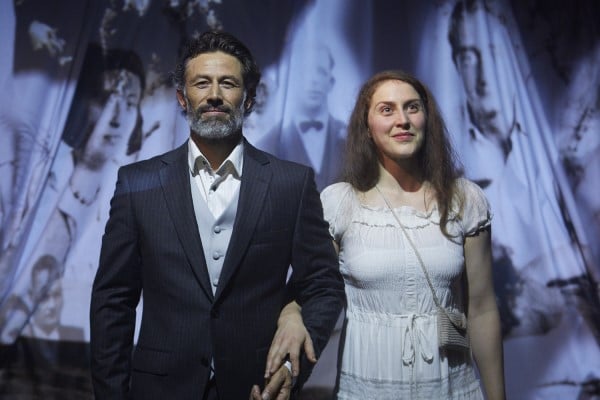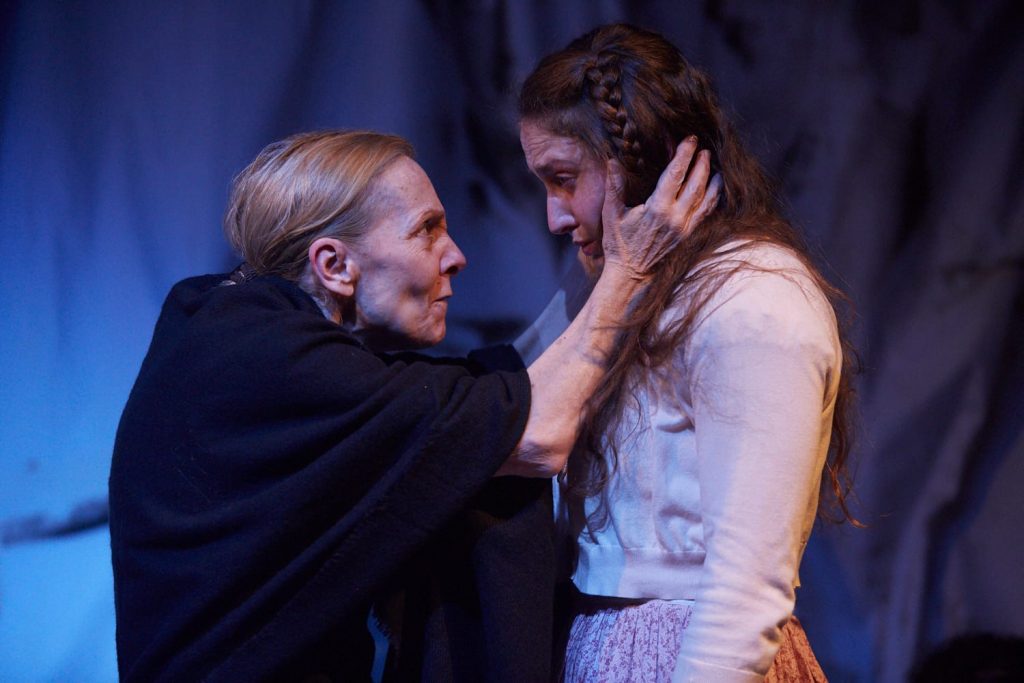“La casa de los espíritus is a cry for freedom, human rights and the history of women”

We chat with Paula Paz, associate director at Cervantes Theatre, who is currently directing La casa de los espíritus, a novel by Isabel Allende adapted for theatre in both Spanish and English by Caridad Svich.
Performances of the play in London continue until December 11th.
Why La casa de los espíritus?
We wanted to choose La casa de los espíritus this year because we wanted to dedicate it to all the creative women everywhere. Now, as we come to the end of the year, it has become our biggest production of 2019. In previous years, we showcased Bodas de Sangre, La Casa de Bernarda Alba and Yerma by Lorca. But this year, we wanted to choose an author of renown with a work that many people would know and love which would attract enough attention to catch a Spanish and Latin American audience.
When contacted Isabel Allende, we already knew of the adaptation for the theatre translated by the American playwright Caridad Svich. Svich, who speaks both Spanish and English, also has ancestry from several Latin American countries and wrote the adaptation of La casa de los espíritus several years ago. It has been performed in several theatres across the United States and Mexico but never in the United Kingdom or Spain.

Allende transferred the rights and gave us the permission to perform it here. Initially there were difficulties due to the current recording of the television adaptation of La casa de los espíritus but thankfully, Allende intervened in the process to help us stage it here. And that’s how we embarked on this adventure with a grand total of 12 actors in the cast. It is the greatest work we have ever undertaken at the Cervantes Theatre. Not only of the size of the team, but also of the epic scale of this work which mixes four generations, the history of an entire family as well as a country whilst also crossing between time, spirits, etc. It is a wonderful work but it is also very complex at the same time. It requires a full set of scenery, lighting and sound which work together to create an inclusive atmosphere so that this story can become universal; about all families in all countries around the world. Although the novel never tells us the location of the Trueba family home, my guess is that it could be any country in Latin America, or indeed: any country in the world. This story resonates with everyone.
While directing La casa de los espíritus, I saw how history repeats itself through the narrative. I also found it very beautiful to see the importance of words on an individual, social and global level. The written word enables personal experience to transcend history and gives it the possibility to serve others so as not to not repeat the same mistakes from the past.

What is it like to work with a team of 12 actors?
We have a multilingual cast for both the Spanish and English performances of the play which is rare because we usually have two different casts or a mix. In this case, we did it to maintain the essence of the story which has firm roots in Latin America. We therefore wanted the English translation to resemble the language of Latin America.

Why would you advise that the students of the Instituto Cervantes should come to see the work?
I recommend that they read the novel before they come because it is wonderful and everyone should read it. Secondly, it will inform their viewing of the play and make them more aware of the linguistic elements. It is a cry for freedom, for human rights and for awareness of the contribution that women have made to history. Depending on the level of Spanish that students have, they could come and see it in English first and then in Spanish, so they learn well about the story and the characters and then they appreciate the nuances in Spanish.


